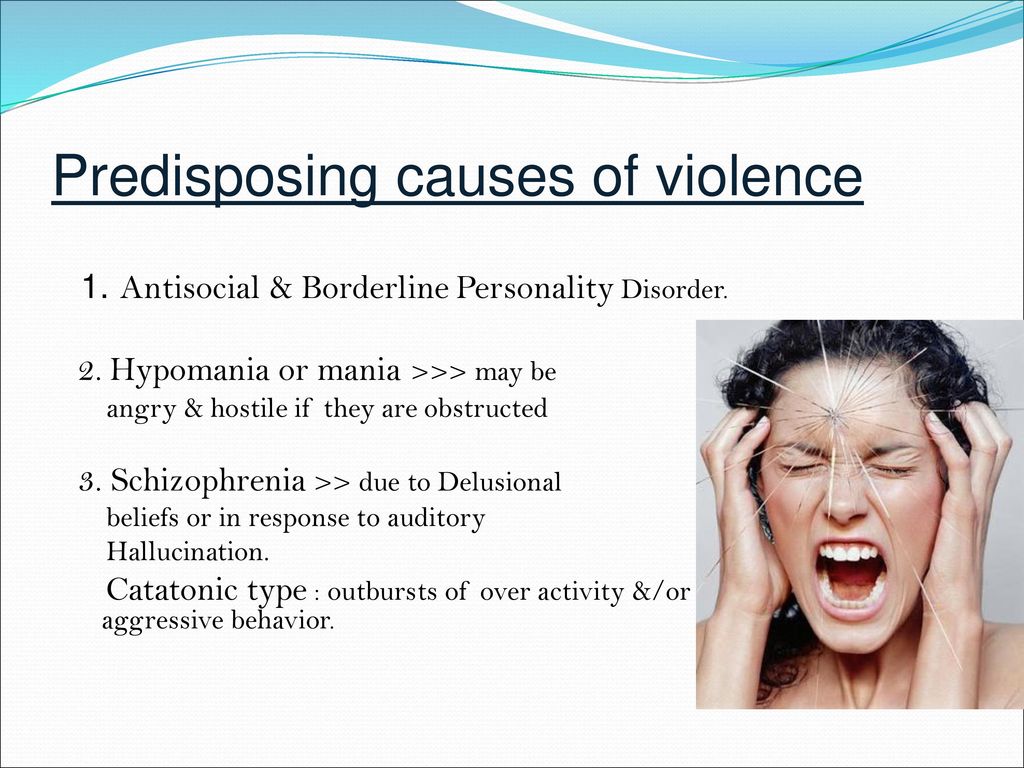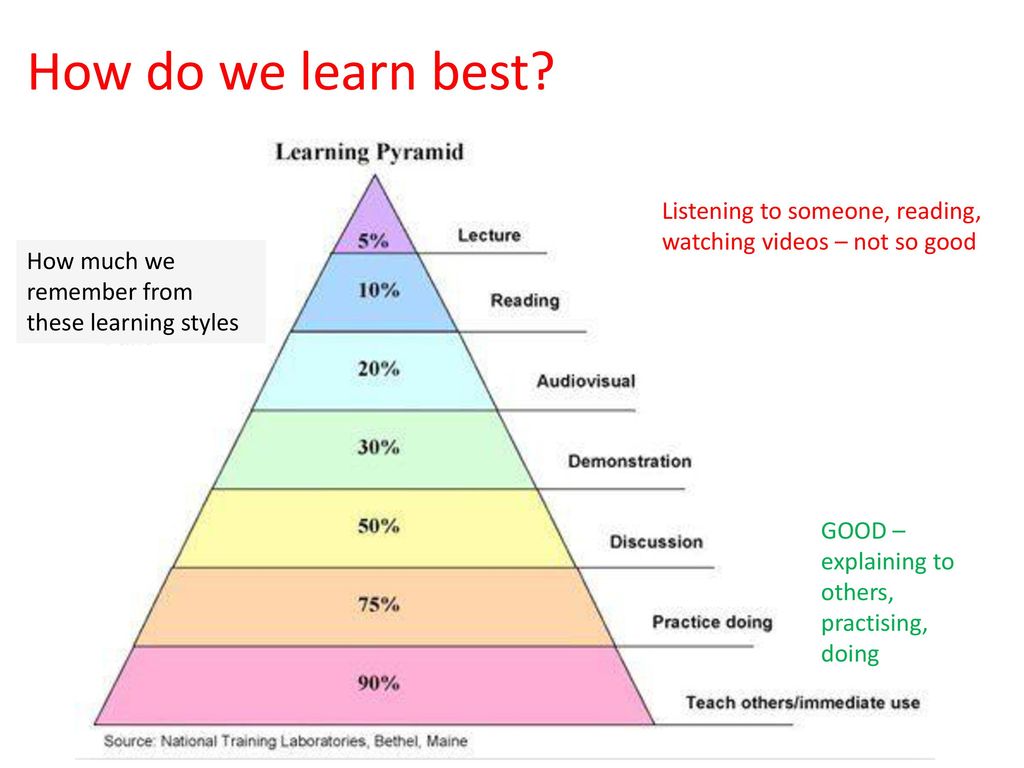Always plays victim
Why some people always play the victim
Everybody has a bit of bad luck from time to time. But there are some people who seem to attract misfortune all the time.
Perhaps in a subconscious way they are. This can be because they always make choices that allow them to “play the victim”.
This is the person who wants to be seen struggling with heavy shopping bags in the rain when they know they can get their goods delivered to their door. This is somebody who almost seems to be pleased they have another new injury to show on their Facebook page.
They are the one who stays in the terrible relationship – so they can always tell you how unjustly they’ve been treated, once again. This is that person who always tells you what their bully of a boss has said or done this time, but who will never speak to their boss about it, leave the job or even look for a new one.
There are countless examples of someone who plays the victim – a state of being also know as victim syndrome, victim complex, or self-victimization. It is the making up or exaggeration of being a victim, time and time again.
Bad people, places and things…
Someone who continually plays the victim believes that bad things always happen to them; that it is always the fault of others or circumstances; and that there is no point in looking for solutions as bad things will keep happening to them anyway.
If somebody suggests a solution, they are usually ready with a list of reasons why nothing will work – and try to get everyone to see how they are stuck as the victim. People who offer help are frequently left frustrated and bewildered – and in the end will understandably stop trying to help.
Unbeknown to the person with a victim complex, there are reasons behind their behavior. It is sometimes connected to an addiction to drama. Both continual “victims” and drama addicts can wear others away and take lots of their positive energy. So it’s natural that people will want to back away or completely cut them out of their life, at least for a while.
But while it is understandable to want to move away, detach with love, from anyone who steals our good energy, it is also important to have compassion. This is because behind a victim complex there is overwhelming inner pain – and it is that which fuels their behavior as a coping mechanism in life.
What is it like believing you are always the victim?
It is extremely hard work and exhausting living life believing you are the constant victim of people, places, and things that are out of your hands. “Life has dealt me badly and continues to do so” is what someone with a victim mentality will truly believe.
Then every new struggle they have or can make happen or make up will reinforce their negative beliefs. They will be suffering inside from negative self-talk and self-sabotage, and this will stop them from even attempting any solution.
It will leave them living a life where they feel relentless resentment, anger, and frustration.
They will feel hopeless and hurt and are often bitter towards anyone who seems to not suffer as they do or who has good fortune, even if it is clear that person deserves their good fortune.
Because of these beliefs and negative inner dialogue, a person who always plays the victim is likely to have angry outbursts and suffer from depression. Even if they are surrounded by people, they will feel isolated, lonely, and disconnected.
Signs of self-victimization
If you recognize some or all of these in someone – or yourself if you can be rigorously honest – they are signs of victim complex.
– No coping skills for life’s problems and so a feeling of being powerless to change and improve a situation. A victim never seems to learn and grow from bad things, and perhaps it is because subconsciously they do not want to stop playing the victim.
– Feeling trapped in life and always focusing on negatives and lack – what you’re missing, what there isn’t in life…
– Not wanting or accepting help or a solution when it’s offered. So using tactics such as suddenly changing the subject or then dismissing the problem as not really that bad – so that it can continue and repeatedly be brought up again.
– Feeling relief when able to claim and talk about being a victim.
– Often in a state of feeling sorry for themselves, wallowing in self-pity much of the time.
– Never looking at solutions, refusal even to consider there is one – so giving up before even trying (because a solution is not what is wanted).
– Always blaming others and avoiding responsibility for the way life is and really believing that life is bad and no one can be trusted.
Common phrases or variants that someone who plays the victim is likely to frequently say are:
“I must deserve all these bad things that always happen in my life.”
“It’s not my fault.”
“Nobody even cares about me.”
“Why is it that everything bad always happens to me?”
“It’s pointless to even try asking that [about a solution], so why bother?”
Why do people want to play the victim?
A victim mentality is often subconsciously developed as a way to cope, often from past trauma. That is frequently childhood trauma.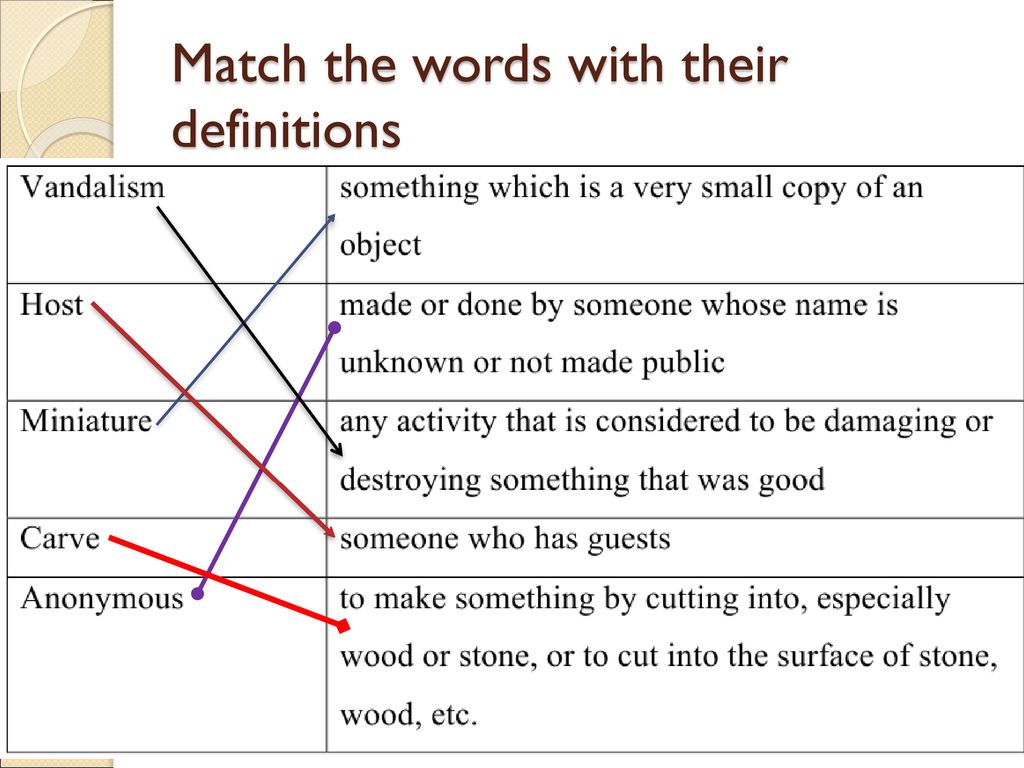
Connected to this is a lack of self-love and self-esteem. In many ways then it is as self-help author and motivational speaker Dr. Wayne Dyer said: “You get treated in life the way you teach people to treat you.”
That is, if you don’t value yourself it’s as if you are giving others permission to not value you either. This is especially the case in “romantic” relationships, where people who play the victim seem always to find someone who won’t treat them well.
So someone suffering from a victim mentality will think things like: “I’m not pretty enough to get or deserve anyone else.” Then it allows them to feel trapped in a relationship where they can continually tell everyone, including through social media posts, how poorly they are treated.
This way of thinking can be similarly applied to their jobs (or not having a job), family, or where they live. This low self-belief, often stemming from childhood from such as copious criticism, keeps them stuck.
Somebody who plays the victim can be doing it to manipulate others – and sometimes this is a sign of narcissistic personality disorder. They get attention through it, and often love and approval too. This can definitely be connected to having their needs unmet as a child and so seeking the love and approval they really needed from their parents and/or key caregivers when growing up.
They get attention through it, and often love and approval too. This can definitely be connected to having their needs unmet as a child and so seeking the love and approval they really needed from their parents and/or key caregivers when growing up.
This sort of manipulation also allows them to take advantage of other people’s kindness. Sometimes it has to be seen that sloth is a motivating factor in this.
Someone with a victim mentality likes the sympathy they get from other people. It temporarily picks them up due to receiving attention.
As well, because of it they may justify drinking or taking drugs, including some medications. Or they may get given money because of their “unfixable” problems.
If the trauma was a part of their childhood or something that happened in later life, then if they have never managed to find a way to cope with or resolve what happened, someone can fall into being a victim. It’s as if they do not even look for solutions because their past experience of not finding a way to deal with the trauma has scarred them.
Someone who plays the victim can feel they are justified in shirking life’s responsibilities. It takes courage to realize we are largely responsible for our own life – and then take action to do something positive about it, which frequently involves an element of risk.
Many people who play the victim have grown up in a household that taught them to focus on the world’s negatives and lack – and never to trust anyone. This is a way that has often been passed down as the attitude to live life for generations.
It makes taking risks that might be needed to get away from certain situations – an abusive partner, a job with a bully boss, living in a rundown part of town – seem too daunting to even consider. There is no belief that things can ever be different.
But there is always a solution. There are proven successful methods that let anyone move away from having a victim mentality – and go forward into the wonderful life they are truly meant to have.
Our expert therapists have helped people for decades now. Get in touch with us today to discuss how we can help you or someone you know.
Get in touch with us today to discuss how we can help you or someone you know.
Victim Mentality: Causes, Symptoms, and More
Written by WebMD Editorial Contributors
Medically Reviewed by Dan Brennan, MD on February 03, 2022
In this Article
- What Does a Victim Mentality Mean?
- Why Be a Victim?
- Signs You Have a Victimhood Mindset
- How to Stop Being the Victim
We all have our ups and downs in life. Bad things might happen to you or people you know on a daily basis. But there are some people who claim it is never their fault. They argue that they have no control over the tough situations and problems they encounter. It is simply always happening to them.
Victimhood can become a part of a person's identity, but it is a learned behavior and can be changed. It often evolves as a defense mechanism to cope with adverse life events.
People who constantly blame other people or situations for the events in their lives have a victim mentality.
What Does a Victim Mentality Mean?
"It’s not my fault." Someone who acts from a place of victimhood claims things that happen to them are the fault of someone or something other than themselves. It might be the fault of their partner, family, co-worker, friend, or "the way the world is." They ferquently complain about the bad things that happen in their lives. They are reluctant to take personal responsibility, asserting that the circumstances aren’t in their control.
It’s not a martyr complex. Victim mentality can sometimes be confused with a martyr complex. They are two similar behaviors, but there are some differences. Victims take things personally. Even if a comment or statement wasn’t directed at them, they will still absorb it as if it was. "What did I do to deserve this?" is a common question for them.
On the other hand, a person with a martyr complex will often go out of their way to take on extra tasks for other people, even if they don’t want to. They sacrifice themselves for others yet often feel resentful after the fact.
They sacrifice themselves for others yet often feel resentful after the fact.
Unhealthy coping mechanisms. People who have a victim mentality have often suffered through trauma or hard times, but haven’t developed a healthier way to cope. As a result, they develop a negative view of life, where they feel that they don't have any control over what happens to them. Because they don’t think anything is their fault, they have little or no sense of responsibility for their lives. It just happens to them.
If someone tries to help or offer solutions, they’re often prepared with a list of reasons why that will not work. People who try to help are often left frustrated and confused.
Why Be a Victim?
Why do people behave this way? There are some benefits to adapting a victimhood mindset.
No accountability. Being accountable for your life means you’re in the driver’s seat. You take responsibility. That can be scary to someone who has a victim mentality.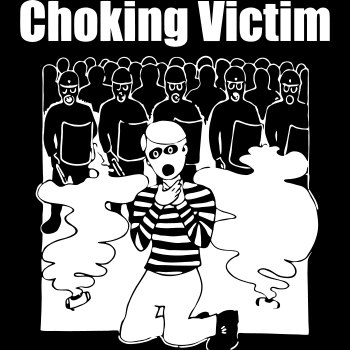 You would have to admit life isn’t just the result of the actions of others. Taking responsibility bursts the protective bubble of victimhood.
You would have to admit life isn’t just the result of the actions of others. Taking responsibility bursts the protective bubble of victimhood.
Secondary gain. Some people’s problems continue because of the secondary benefits. Sympathy, attention, and access to medication or funds are common examples of secondary gain. Someone with a victim mentality might not even realize they are getting these benefits, and often feel truly distressed.
Satisfies unconscious needs. People with a victim mentality, especially when it comes from past trauma, unconsciously seek validation and help from others. They play the “poor me” card consistently. This can generate sympathy and help from others.
Avoid taking risks. Projecting blame on others is a key part of the victim mentality. It’s a way to avoid being truly vulnerable and taking risks.
Signs You Have a Victimhood Mindset
It’s normal to be unsatisfied in some parts of your life. But it’s important to look at the bigger picture. If you notice similar patterns across different areas of your life, you might have a victim mentality.
But it’s important to look at the bigger picture. If you notice similar patterns across different areas of your life, you might have a victim mentality.
The first step to solving a problem is to identify and acknowledge it. Look for these signs in yourself to see if you might have adopted a victim mentality:
- You blame others for the way your life is
- You truly think life is against you
- You have trouble coping with problems in your life and feel powerless against them
- You feel stuck in life and approach things with a negative attitude
- You feel attacked when someone tries to offer helpful feedback
- Feeling bad for yourself gives you relief or pleasure
- You attract people who blame others and complain about their life
- It’s difficult for you to examine yourself and make changes
How to Stop Being the Victim
Victim mentality is learned behavior.
In other words, it’s not something you’re born with. It's something you learn in a social environment. It could be learned from family members or the result of trauma. However, you have the power to overcome it. Take the first steps in the following ways.
It's something you learn in a social environment. It could be learned from family members or the result of trauma. However, you have the power to overcome it. Take the first steps in the following ways.
Take responsibility. You are the only one who controls your actions. You might not be able to control others, but you control how you react to them. You control who you spend your time with, and where. Realize your potential and get in the driver’s seat of your life.
Self-care and compassion. Victim mentalities are subconsciously adopted as a way to cope, often from past trauma. Be compassionate to yourself in your recovery. Practice self-care and self-love. Journaling can be a helpful tool to work through your feelings.
Start saying no. You can say no to something you don’t want to do. It’s okay. Even if other people feel you are letting them down, take care of your energy and prioritize yourself.
Educate yourself.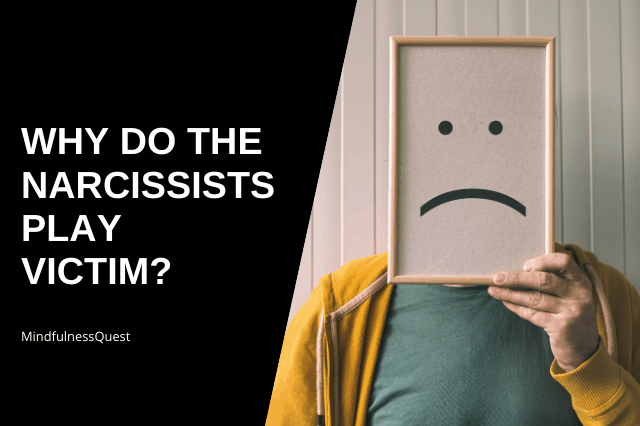 Read books about the victim mentality and how it affects your life. Consider seeking therapy. The more you educate yourself on the topic, the more likely you are to stay on track with your recovery and avoid going back to your old way of thinking.
Read books about the victim mentality and how it affects your life. Consider seeking therapy. The more you educate yourself on the topic, the more likely you are to stay on track with your recovery and avoid going back to your old way of thinking.
“Eternal victim”: tired of constantly saving her mother
36,266
For parents Older generation
Anna (daughter)
The first memories of my parents are their constant quarrels and mother’s tears. It happened every time my father got drunk - any little thing could piss him off. I went to my room, fell on the bed and covered my ears with my hands. I hated my father, although he never touched me and my younger brother. When I was thirteen, I stood up for my mother for the first time. I rushed at him with a chair and said that if he comes close to us, I will hit him. He only swore, but did not touch me.
I remember my mother and I went out into the street, and for the first time I asked why she would not divorce him? Her answer startled me. She replied that he would be lost without her. “And we will be lost with him,” I thought. Since then, I have almost stopped talking to my father. He defiantly pretended not to notice me, and could only throw something insulting after me. I did not pay attention, but said that if he ever touched his mother, I would go to the police. She herself tried to spend as little time as possible at home, spent the night with a friend. And then she began to live with her grandmother.
She replied that he would be lost without her. “And we will be lost with him,” I thought. Since then, I have almost stopped talking to my father. He defiantly pretended not to notice me, and could only throw something insulting after me. I did not pay attention, but said that if he ever touched his mother, I would go to the police. She herself tried to spend as little time as possible at home, spent the night with a friend. And then she began to live with her grandmother.
One day I came home and saw that my mother had a blow mark on her leg. I asked her what happened. She replied that she had fallen. I didn't believe her, of course. Father was not at home, and I began to beg her, for the sake of me and my brother, to collect things and go to our grandmother. Mom burst into tears and said that father is our family, he should not be left. Here I was already crying, screaming that I could not see how she was ruining life for herself and for all of us. I still remember her eyes of a beaten dog, which is constantly waiting for a blow. It made my heart ache, but at the same time I was furious. “I want him to die,” I said then about my father.
It made my heart ache, but at the same time I was furious. “I want him to die,” I said then about my father.
I became independent at an early age - I worked part-time in high school, then I studied in the evening and continued to work. I had an admirer, a man older than me, who helped. It suited me, I got the opportunity to get back on my feet faster and finally convince my mother to leave my drunken father and live with me. My brother, unfortunately, followed my father's path, and it became very difficult for my mother.
It hurts me that she still talks about her husband with sympathy. And in general, everything with my mother is good, unhappy, confused. The money that I give her, she began to transfer to her alcoholic brother. And I realized: it was no coincidence that her father scoffed at her - she allowed it. She behaves like a constant victim of circumstances. First it was used by the husband, now it is done by the son. Anyone can sit on her neck. She believes that we always owe someone. And I always have to help her. Even at work now I arrange it myself. I'm tired of this. I want to shake it and ask: which of us is who's mother?
And I always have to help her. Even at work now I arrange it myself. I'm tired of this. I want to shake it and ask: which of us is who's mother?
Ella (mother)
I got married for love, and we were looking forward to our daughter. It was then that a lot changed in the family - the husband began to drink. Yes, he raised his hand to me, but he never touched Anya and her brother. There was a difficult relationship between us, I believed my husband and until the last hoped that I would be able to help him. After all, alcoholism is a disease. And it is important not to turn away from the person, but to reach out if we are a family and are ready to share not only joys, but also sorrows.
Of course, I understand that the children did not deserve this. But I wanted to save a family and a father for them. I fought for it until the very end. Anya hates her father, and this, of course, is my pain and partly my fault. Unfortunately, too late, I realized that my husband could no longer be helped. I am proud of my daughter and respect her strong character. I am not like that. I often doubt the correctness of my decision. But sometimes it seems to me that Anya does not feel sorry for anyone. And I'm bitter that she once called me a loser to my face. What kind of loser am I if I have such a beautiful daughter?
I am proud of my daughter and respect her strong character. I am not like that. I often doubt the correctness of my decision. But sometimes it seems to me that Anya does not feel sorry for anyone. And I'm bitter that she once called me a loser to my face. What kind of loser am I if I have such a beautiful daughter?
“Suffering can become a way to manipulate and achieve a sense of control”
Tatyana Mizinova, psychoanalyst
At first glance, there is a completely understandable feeling that a mother is a deeply unhappy person who cannot stand up for herself. But in the story described by the heroines, everything is not so simple. The syndrome of the “wife of an alcoholic” is known, when spouses are in a co-dependent relationship, interacting with each other for years within the framework of the psychological and social model of the Karpman Triangle.
Partners play the roles of Victim, Persecutor and Rescuer. A drunken husband is an aggressor, a tyrant, an accuser and an attacker. The wife is a victim who cannot resist and endures insults and beatings. Why don't they break up? The answer is simple. After a while, they switch roles. The unhealthy behavior of the husband gives the victim not only the right to fair accusations, but also the power based on the guilt of the spouse. And he allows himself to forgive his own imperfection. At the heart of such relationships is the low self-esteem of both partners and their "unconscious collusion", built on the fear of being alone.
The wife is a victim who cannot resist and endures insults and beatings. Why don't they break up? The answer is simple. After a while, they switch roles. The unhealthy behavior of the husband gives the victim not only the right to fair accusations, but also the power based on the guilt of the spouse. And he allows himself to forgive his own imperfection. At the heart of such relationships is the low self-esteem of both partners and their "unconscious collusion", built on the fear of being alone.
Unfortunately, children are the most often affected. They are outside observers of this mutually beneficial union of adults, and often victims of the influence of one of the parents, who focuses on the negative aspects of the marriage partner. As a rule, the drinking father is demonized, and the mother is presented as kind and forgiving. The child does not notice that sometimes the mother herself provokes scandals, receiving benefits from this, and the question: “Why do you live with him if he is a tyrant and an alcoholic?” so it remains unresolved.
Anna says about her mother: “I still remember her eyes of a beaten dog, which is constantly waiting for a blow”, “And I realized that it was no coincidence that her father mocked her - she allows it. She lives as a constant victim of circumstance." Indeed, such a description evokes an emotional response. At the same time, “moral masochism” can be traced in such behavior, a concept that Freud introduced. This does not mean the desire to experience pain. Suffering becomes a way of manipulation, an opportunity to gain control over the situation. And just like any coin has two sides, masochism also has a sadistic side, with an element of omnipotence.
Ella says to her daughter: “Father will be lost without her”, “He is our family, we cannot leave him”. Why didn't the mother think that she was maintaining a traumatic situation for her children? Probably because there is a secondary benefit. Ella wants to look like a victim in her daughter's eyes, forcing her into constant care. She gives money to her alcoholic son, thereby tying him to her and encouraging alcoholism. Deep down, the mother does not consider herself to be either a victim or a loser, which she says: “What a loser I am if I have such a beautiful daughter.” And I want to add - "who will always feel sorry for me and fulfill my requests, because my life is so terrible."
She gives money to her alcoholic son, thereby tying him to her and encouraging alcoholism. Deep down, the mother does not consider herself to be either a victim or a loser, which she says: “What a loser I am if I have such a beautiful daughter.” And I want to add - "who will always feel sorry for me and fulfill my requests, because my life is so terrible."
About the expert
Tatyana Mizinova — President of the European Association for the Development of Psychoanalysis and Psychotherapy, Vice-President of the European Confederation of Psychoanalytic Psychotherapies ECPP (Vienna, Austria).
Text: Sabina Safarova Photo Source: Getty Images
New on the site
Patefonka art quarter in Kolomna: where to go, what to see and do
Tomato, avocado and pomegranate: 13 anti-aging foods - include in your diet
“All people annoy me: their behavior, stupid questions and even smells”
“I want other women, but no wife. How to save a family?
Friend or stranger: with whom do spouses most often cheat? An unexpected answer from scientists
Parent, Adult, Child: how to achieve inner balance
first personHow to develop relationships if you are used to living alone: 5 tips for bachelors
What to do with those who often play the unfortunate Victim?
May 02, 2014, 08:44 AM
Author: N. I. Kozlov, Doctor of Psychology, Professor
I. Kozlov, Doctor of Psychology, Professor
Rector of the University of Practical Psychology
Situation from the life of a business woman: live it like your own. It's late, you're tired and you're about to go to bed, but suddenly the phone rings. You pick up the phone - and you hear the voice of a friend ... This time, a friend is completely useless, crying sobbing, and through her sobs you can hardly understand that she is on the verge, that her husband has been drinking for the third day, that she found his notebooks with his phones women, and in general he recently had a daughter from that whore. You try to calm her down, but you don't know how. After half an hour of your unsuccessful attempts, a friend hangs up, and you feel that you have not done everything for her ...
In fact, you have fallen into the trap of Karpman's triangle. The Karpman Triangle is a standard relationship model consisting of three roles: Victim-Persecutor-Savior. There is a lot of research on it, and the main thing you need to know about this triangle is that you don't belong there. Whatever role you are attracted to there, or whatever role you are persistently offered, you do not belong in this triangle.
Whatever role you are attracted to there, or whatever role you are persistently offered, you do not belong in this triangle.
Why?
First, because, as a rule, this whole triangle is glued together from lies. Are you really sure that the Victim is the victim? Are you convinced that the Chaser is really the stalker here? And by the way, the Savior - is he really the Savior? Not obvious. The fact is that in life the Victim often pursues itself and firmly gets the Persecutor, so in reality the roles are rather reversed, and if at some time this is not obvious to you, remember the “dog from above” and “dog from below”
These are vivid images and, in fact, concepts introduced by Frederick Perls. “Dog on top” is an open accusatory position, often with shouting, swearing and other barking. “Dog from below” is also an active accusatory position, but hidden. Not a single word of reproach, just after what you said, her face expressed mute suffering, her eyes were miserable and wet, her shoulders slumped, her hands nervously sorted through a handkerchief already wet with tears ... And you understand that all this is because of you. Your health?
“Dog from below” is also an active accusatory position, but hidden. Not a single word of reproach, just after what you said, her face expressed mute suffering, her eyes were miserable and wet, her shoulders slumped, her hands nervously sorted through a handkerchief already wet with tears ... And you understand that all this is because of you. Your health?
The Savior is most often just a toy in the hands of the Victim, that is, the victim himself, and under the pressure of the weeping demands of the Victim, he usually worries more about his own safety or reputation. If he is a savior, then at best for himself.
Secondly, show healthy skepticism towards the unrestrained sobs of the unfortunate Victim and do not rush to feel sorry for her with all your heart. As a rule, the Victim is really in a difficult situation, but do not be naive: the crying and wailing of the Victim is a form of dramatic performance for an appreciative audience, where the price is the consent of the public to work for the Victim.
In the same situation, you can behave in a completely different way. Life is often difficult, but in this case, someone chooses to think and do, and someone chooses to throw off all responsibility, cry and wait for help from others. Question: who chooses this way? Why? And why are you here?
If suddenly the Victim gets a call from work or a postman comes, she won't cry for them: what's the point in that? It’s bad for the victim, it’s true, but she cries to you so bitterly and loudly so that you can see and feel it, after which you feed her with attention and begin to work for her.
Third, take your time as a Savior to calm the weeping Victim. To pity and calm a bitterly weeping person is the reaction, it would seem, the most natural, but pay attention, usually this does not result in subsidence, but intensification of absentee claims against the Persecutor and even louder sobbing sobs. It is better to check and see for yourself. It usually turns out that the verbally declared desire to calm down is not leading, it comes from a weak and secondary part of the Victim's personality. And with a strong and main part of her personality, she categorically does not want to calm down, because in fact she does not want to calm down, but to take revenge on her Persecutor. And if you, as the Savior, do not want this together with her and offer her some kind of vile reassurance, then you will turn out to be a formal traitor! Hence the potential aggressiveness of the Victim: if the Savior, according to her feelings, does not save her, then her anger falls on him, and she becomes the Persecutor in relation to the traitor. That is, just the Savior.
And with a strong and main part of her personality, she categorically does not want to calm down, because in fact she does not want to calm down, but to take revenge on her Persecutor. And if you, as the Savior, do not want this together with her and offer her some kind of vile reassurance, then you will turn out to be a formal traitor! Hence the potential aggressiveness of the Victim: if the Savior, according to her feelings, does not save her, then her anger falls on him, and she becomes the Persecutor in relation to the traitor. That is, just the Savior.
If you are not a professional psychotherapist, you should not take such situations and such clients on your chest: you will not help the client, and after that you may need psychotherapeutic help. Your task is only to “resolve” the situation, that is, to get out of it with the least losses for both sides. Among the appropriate ways to deal with this situation, when you are offered the role of Savior in this glorious triangle, the simplest are: 1) open protest, 2) mild sabotage, 3) "wake the beast", 4) aggressive stupidity, 5) workload, 6 ) conclusion of a contract for the provision of services.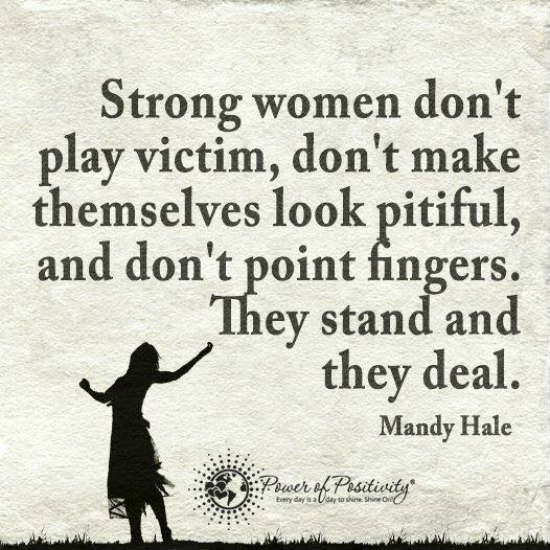 Like this? Let's figure it out in order.
Like this? Let's figure it out in order.
Open protest
“I don't think it's possible to interfere in your relationship. I’m sorry that this happened to you, but you have to figure out your relationship yourself.” Then - to transfer the conversation to another topic, showing that you do not intend to return to that topic. This is the easiest way, especially if the relationship can be reduced to business or you do not really value these relationships.
Soft sabotage
In this tactic, one should wear down the victim with long questions, constantly straying into clarification of completely extraneous details and, in fact, switching attention from aggressive crying to everyday specifics. “Yes… And when did all this happen? On Thursday? I remember… It was still raining so hard during the day. Did you have it too? ... ”In this case, your natural emotional dullness or wise detection of it is especially helpful. The disadvantages of this method are that it usually takes a lot of time.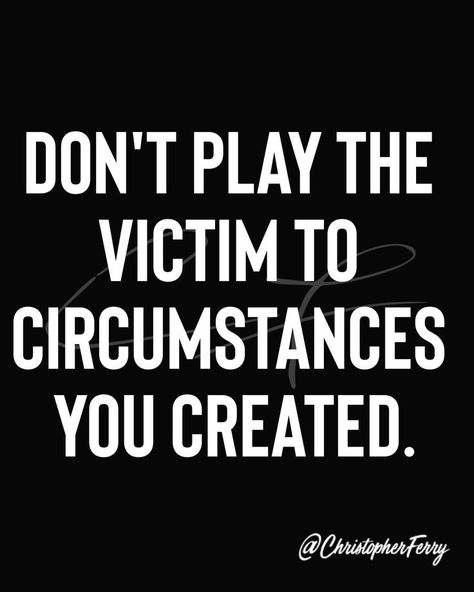
“Wake up the beast”
Crying can be based on different energies: energetic accusatory crying indicates a high level of strength and energy, while dreary squelching indicates an energy decline. In this case, a reciprocal collision can cheer up a downhearted person: “Yes, and who are you? …" - etc. With such a construction of phrases, a short particle “not” by consciousness, as usual, is nicely skipped, and your formulas really work on a person: “capable of more”, “capable of being strong”. In combination with emotional pumping, a person on reciprocal aggression will do great things and later say “thank you”. However, if you don’t know a person well, don’t take risks: instead of success, you can get suicide.
Aggressive stupidity
The purpose of this technique: we assume that your interlocutor is not very smart (more precisely, in this situation he chose the role of a narrow-minded person) and, in fact, he hopes to use your brains. Then, if you convince him that you are stupid yourself and there is nothing for him to use, he will have to turn on his own head - which, in fact, is required. Specific execution - among the various intentions of the interlocutor, you choose the most aggressive (in this case: “I want to divorce him!”) And begin to insist on this option with conviction (and stupidly).
Specific execution - among the various intentions of the interlocutor, you choose the most aggressive (in this case: “I want to divorce him!”) And begin to insist on this option with conviction (and stupidly).
- He's a bastard! Can you imagine he's dating that bitch next door! Gad! I can't see him anymore!
You're right, you need to respect yourself! Break up with him! Tomorrow!
- I devoted my whole life to him, and he ... I can’t be with him under the same roof! Ungrateful!!!
- Get divorced! (And further similarly).
Protests: “Well, how can I get a divorce, but what to live on?” are simply ignored by your conviction: “You can’t live like this. Gotta get divorced!" All. There are no complaints about you - you are spiritually with your friend, you understand and share her feelings, it’s another matter that your interlocutor’s too firm position does not suit you. Well, this is a matter of life. The attentive reader will see here a variant of the "bringing to the point of absurdity" method.
Overloaded with work
People don't like being overburdened with work, and emotional diarrhea usually ends when "you have to pay for the market." In this case, it is quite appropriate, instead of listening helplessly to empty claims, to switch the interlocutor to his own affairs, extremely specific cases:
- He's a bastard! Can you imagine, he ... (here a series of accusations)! Gad! I can't see him anymore!
- You're right, you need to respect yourself! Make yourself a new hairstyle (update your wardrobe, go to the sea and relax, go to psychological courses).
Or more specifically: "Listen, you're my best friend and you should respect yourself! I won't listen to your sobbing calmly. Do you want to whine or be independent and strong? Here's the phone number of a hairdresser (psychologist, masseur, fitness club)". Further detailed and persistent briefing in the proposed areas. Possible beats like “no strength, no time or money” are categorically ignored: “If you want, you will find!” or more extensively: “If you don’t take care of yourself, no one will take care of you!”. This option can be more extended, with a little "sympathy", but in any case, it is faster and more efficient than using you as a toilet. The most curious thing is that sometimes this technique turns out to be not only a protection for you, but a great idea and a guide to action for the interlocutor.
This option can be more extended, with a little "sympathy", but in any case, it is faster and more efficient than using you as a toilet. The most curious thing is that sometimes this technique turns out to be not only a protection for you, but a great idea and a guide to action for the interlocutor.
Entering into a contract for the provision of services
This technique is both more effective and more difficult, so we will consider it more broadly and in more detail. So, the scenario is traditional: the Victim, using his "right of the weak", puts pressure on the Savior and insists that she should be served the way she wants, on her own terms. In accordance with the Synthesis Technology approach, you help, but not for free, but in exchange for the fact that your interactions unfold based on your scenario, according to your rules. As a rule, your scenario should consist of at least two points: the Victim himself formulating a request for specific assistance and the fulfillment of any disciplinary conditions put forward by you.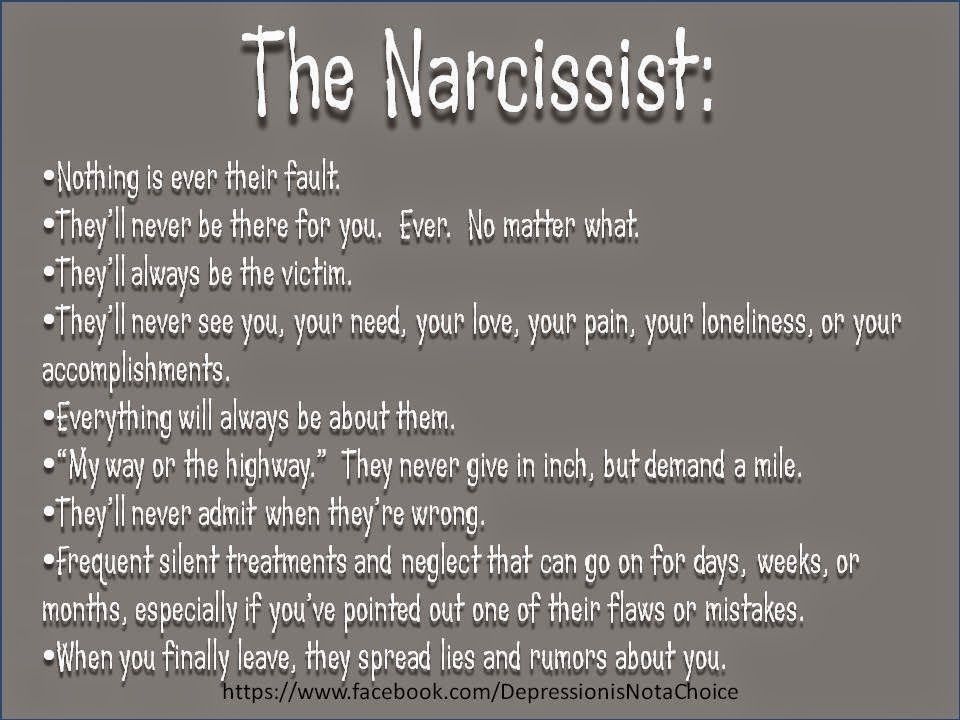
But let's start in order. Self-formulation of a request is not easy to obtain, it usually requires an open formulation of a question (or an appropriate expectation), along with warmth, emotional support, and at the same time perseverance. Such a conversation may take, for example, the following form:
– I am listening to you very carefully. Now you are calling me: what would you like to receive from me? What kind of help?
- Well, I feel bad!
- Yes I hear. You are sweet and good, and I am very sorry that everything does not work out for you. But I do not know what will be better for you now from me, what my help may be. How do you know how I can help you?
Line-by-line analysis of this dialogue is done here...
If the crying has stopped and reasonable conversation has begun, then everything is in order. If, however, something inarticulate on the topic “to figure it out” sounds through the ongoing crying, then it is necessary to put forward disciplinary conditions.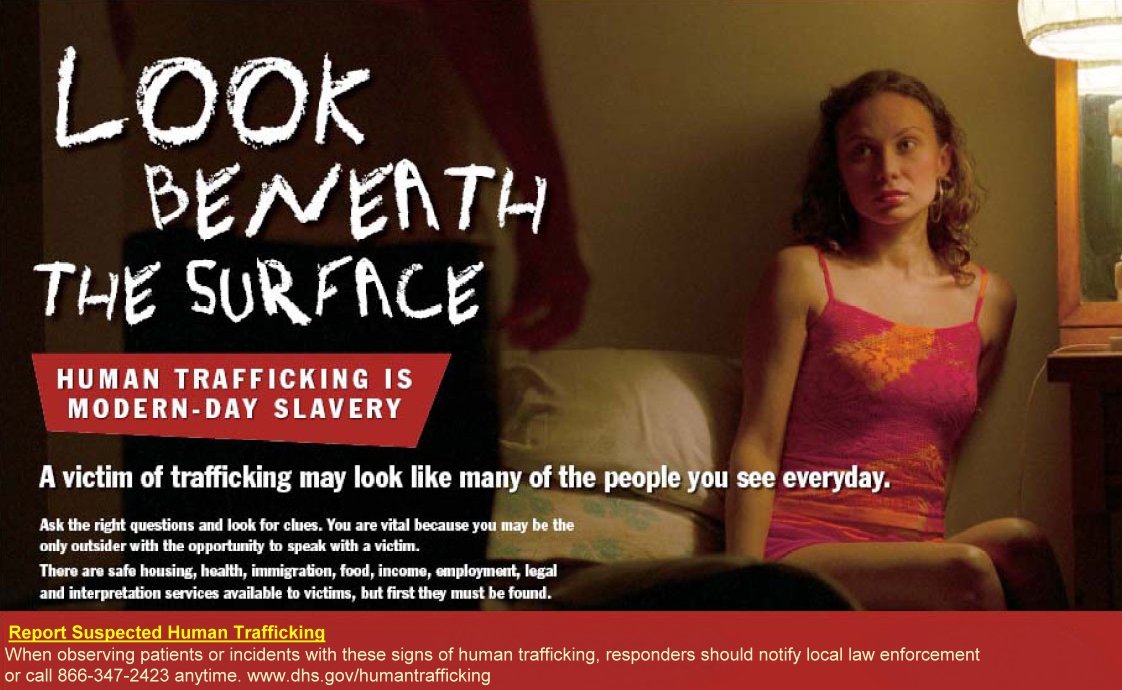 For example, like this:
For example, like this:
- Do you really want to understand what happened? I don't think you've cracked yet. And this is very necessary. Therefore, so that you and I can talk properly, you have a task: you now need five minutes in front of me to cry sobbing, much like you started our conversation. Do you think you can do it now?
Another version of the same:
- We need to agree on this. (Pause.) Can you hear me? (You need to wait for the answer: “I hear!”) Good. If during our conversation you feel that tears are coming, you will not restrain yourself and start crying, but you must cry for a long time, at least three minutes, to cry it all out. If you do not do this, our conversation will not be very productive, and you have a very important question. Do you make such a commitment?
The main result of this conversation is that you will no longer be disturbed by the topic “save me”, and you will avoid both accusations of insensitivity and unnecessary manipulative games.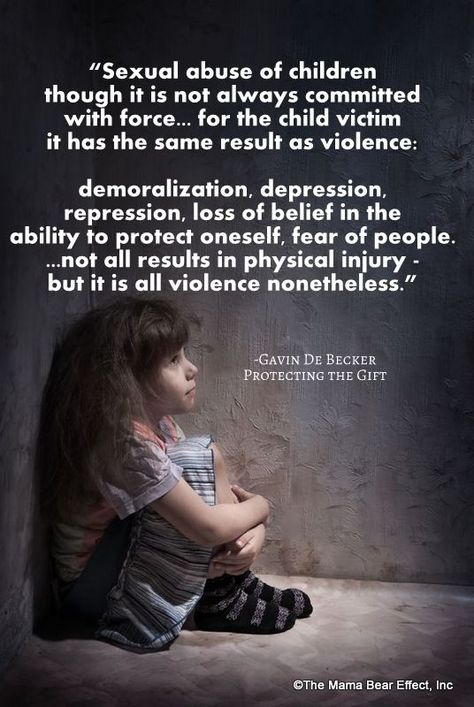
From a reader's letter
I like the conclusion of a service contract the most. There was a story: I'm sitting at home, not bothering anyone, composing spurs, because it's ten o'clock in the evening, and I have an exam tomorrow. But here comes the phone call. An old friend calls, there are tears (which is not news) and the phrase "I'm dying, come", which is somewhat alarming. I take a taxi, I go.
In fact, the situation turns out to be this: the boyfriend, the yachtsman, the handsome bastard, betrayed and abandoned, and as a way to get rid of this vile life, a package (25 tablets) of tazepam was drunk. Well, the dose is not lethal, but health can be planted.
Okay, what should I do? The proposal to call an ambulance is categorically rejected, nevertheless I call a doctor I know and receive instructions. The girl seems to be barely alive, but she has enough strength to complain and curse. I feel that they are already seriously trying me for the role of a toilet bowl, and if this is not stopped, then I will be approved in it without competitors.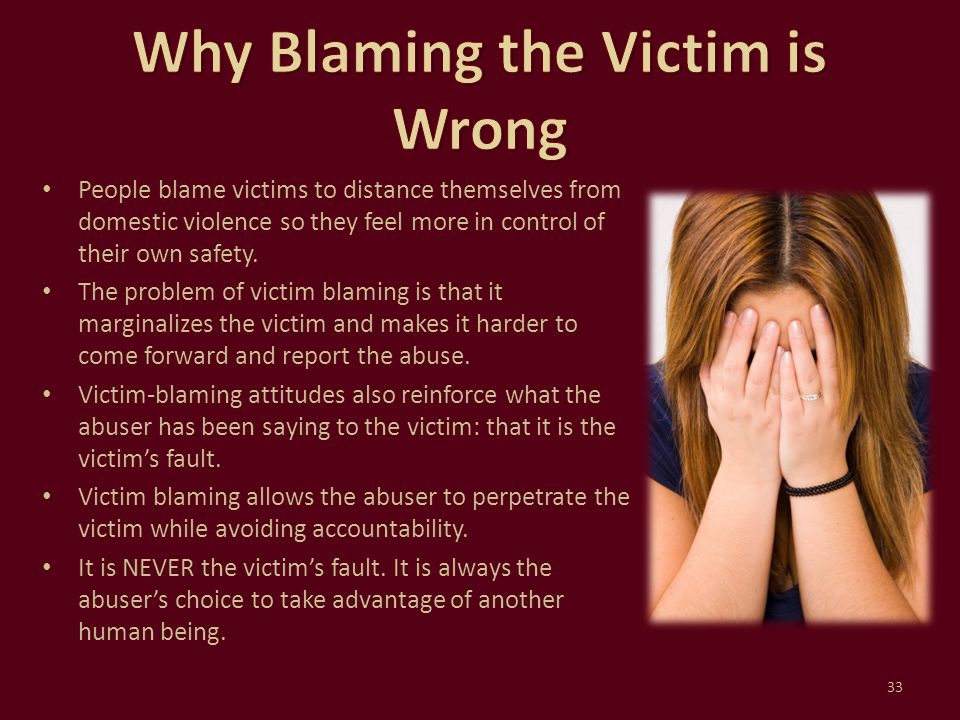 My answer: following the doctor's advice, I introduce my friend to a more professional performer of this role - a faience friend in the toilet. It seems that some of the resentment goes away with the muddy streams, the girl quieted down, but I still get some details from the bastard behavior of the offender: “Imagine, he rode three naked girls on a yacht at once, and he told me that he loves only me and never for anything …"
My answer: following the doctor's advice, I introduce my friend to a more professional performer of this role - a faience friend in the toilet. It seems that some of the resentment goes away with the muddy streams, the girl quieted down, but I still get some details from the bastard behavior of the offender: “Imagine, he rode three naked girls on a yacht at once, and he told me that he loves only me and never for anything …"
Attempts to find out what is required of your obedient servant in this situation have not yet been successful. At least I am relieved to know that no one needs to “beat their face”. My proposal to beat off all three of his uncomplexed passions from the yachtsman also does not arouse enthusiasm. What else to do?
Tried to play on pride in the style: "You're a rag!" - again a bummer, in the face of two more full packs of sleeping pills, this topic had to be abandoned. Okay, trade left. I’m getting excited: in the end, the exam is coming soon, and I still haven’t got a horse lying around.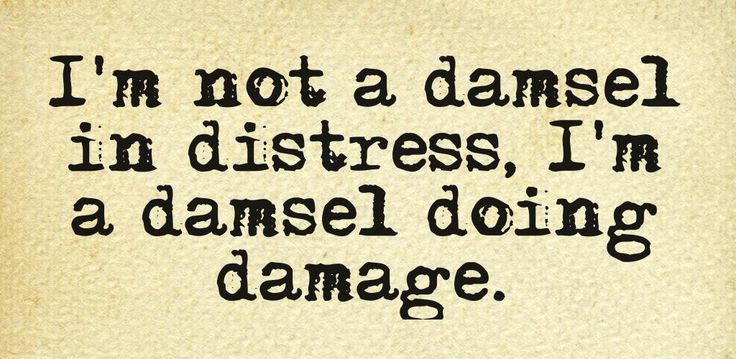 So, honey, let's go like this: you, like a leading figure in this subject, sit down to write cheat sheets for me, and I undertake to devote 30 minutes every two hours to your problem. Hurrah, it worked! And even the first half-hour session of psychotherapy has already passed somehow suspiciously constructive. And then they let him go to sleep. And the cribs were miraculously good, the whole semester went with an increased scholarship.
So, honey, let's go like this: you, like a leading figure in this subject, sit down to write cheat sheets for me, and I undertake to devote 30 minutes every two hours to your problem. Hurrah, it worked! And even the first half-hour session of psychotherapy has already passed somehow suspiciously constructive. And then they let him go to sleep. And the cribs were miraculously good, the whole semester went with an increased scholarship.
And the next day, only “What a fool I was” and a half-empty package of tazepam remained of all my worries. Half empty - because, it turns out, only half was drunk, and that's not a fact ...
- The formula for success Kozlov
- Communication and influence
- Position of the Victim
- Course - I don't play the Victim
Comments (19):
Guest, May 19, 2014, 13:58 And what about the "aggressor"?
1
answer
N.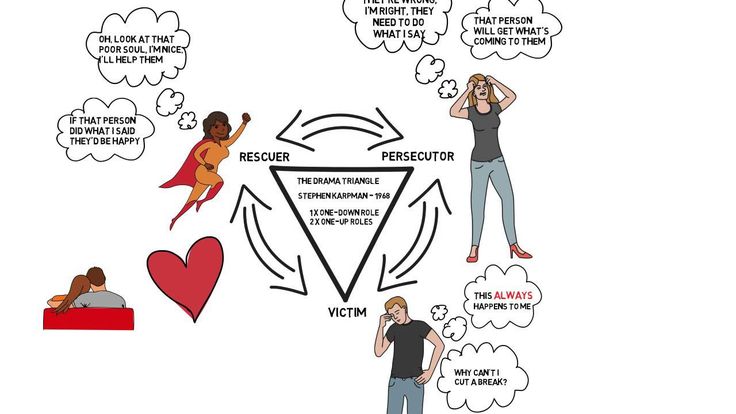 I. Kozlov, May 19, 2014, 03:08 PM
I. Kozlov, May 19, 2014, 03:08 PM
Can you elaborate on your question? He is not very clear.
1
reply
Alexey Kurzenkov, December 22, 2016, 13:09
I join the question, what should the aggressor do? As you rightly noted, this role is often imposed on the aggressor, provoked. Here is a specific situation. There is an apartment, one of the rooms in which two girls rent. I am moving into another room. In the evening, the girls play loud music. I ask you to make it quieter, to which they arrange a terrible scandal for me. Then they call the owners of the apartment and tell a bunch of nasty things about me. That is, it was a clear provocation with the aim of expelling me. I didn't interfere with them, they just didn't like the very fact that they had a neighbor. Well, the owners - my old friends, quickly realized what was happening. To be honest, I am a peaceful person, but in response to such aggression, there was naturally a very strong desire to teach them a lesson in good manners in soft places. Kidding! In fact, I restrained myself, but now I am not sure that in such a situation, under conditions of stress, I will not succumb to provocation. Fortunately, I have already moved out of that apartment. But I know that this technique is very common.
Kidding! In fact, I restrained myself, but now I am not sure that in such a situation, under conditions of stress, I will not succumb to provocation. Fortunately, I have already moved out of that apartment. But I know that this technique is very common.
Guest, June 2, 2014, 11:59 PM
I have a close friend, he constantly comes to me with his problems (almost every day). We communicate on various topics, but often he talks about how helpless he is, that he is being suppressed, he is not being helped. He asks for my help, and not only for advice (it often came to financial assistance, the further, the more). So I just now realized that he was pulling me into a triangle. I am a savior. He is a victim. His parents are persecutors. Here's what's very interesting. I sometimes communicate with his parents, and from their words, they are the victims, and he is the persecutor. I concluded for myself that, most likely, this is a child-rearing program, a cycle. As a child, his parents were likely victims. Now they have become "tyrants" over children, only when the children become adults, the victim transforms into a "tyrant" (but not completely), and the "tyrant" into a victim (but not completely). This ambivalent state of each side, as I see it, is caused by the unwillingness to give up their positions, the program laid down in childhood: they say that the victim child takes an example from the persecutor parent. And the savior, I'm afraid, will not help them. This needs to be approached more globally. To change family values themselves, which is permissible for an already grown child. He must realize this and raise his child intelligently and (most importantly) with love. I have described only observations of a triangle in one of the families. But still I think that it is also possible to solve a similar problem, for example, in relationships, only through awareness.
Now they have become "tyrants" over children, only when the children become adults, the victim transforms into a "tyrant" (but not completely), and the "tyrant" into a victim (but not completely). This ambivalent state of each side, as I see it, is caused by the unwillingness to give up their positions, the program laid down in childhood: they say that the victim child takes an example from the persecutor parent. And the savior, I'm afraid, will not help them. This needs to be approached more globally. To change family values themselves, which is permissible for an already grown child. He must realize this and raise his child intelligently and (most importantly) with love. I have described only observations of a triangle in one of the families. But still I think that it is also possible to solve a similar problem, for example, in relationships, only through awareness.
Guest, December 9, 2014, 9:38 PM
A strange way of harassment by a girl.
Guest, December 29, 2014, 11:20 pm
Tell me how to behave in the following situation. An elderly person after a serious illness and hospital recovers at home. Relatives come to look after him in turn. Sometimes doctors and nurses come. Relatives very quickly became enemies, because they do not do what the patient wants. They don’t go fast enough, they don’t go, but not those who want to, they want to lift the patient as it is convenient for them and not overstrain, they want the patient to eat, drink medicines that are prescribed by the doctor, but not all of them were announced to the patient, many of them can only be drunk after meal. At the same time, the patient wants to talk without interruption, wants to listen without interruption, does not object, even to fiction or lies, even if it hurts relatives, wants relatives to lie to all friends and acquaintances of the patient that he is healthy. The patient often cries, accuses, insults, demands, knocks... The article above seems appropriate to me. The patient is the Victim, the relatives are the Aggressors, the doctors are the Saviors.
An elderly person after a serious illness and hospital recovers at home. Relatives come to look after him in turn. Sometimes doctors and nurses come. Relatives very quickly became enemies, because they do not do what the patient wants. They don’t go fast enough, they don’t go, but not those who want to, they want to lift the patient as it is convenient for them and not overstrain, they want the patient to eat, drink medicines that are prescribed by the doctor, but not all of them were announced to the patient, many of them can only be drunk after meal. At the same time, the patient wants to talk without interruption, wants to listen without interruption, does not object, even to fiction or lies, even if it hurts relatives, wants relatives to lie to all friends and acquaintances of the patient that he is healthy. The patient often cries, accuses, insults, demands, knocks... The article above seems appropriate to me. The patient is the Victim, the relatives are the Aggressors, the doctors are the Saviors. That's just you can not leave the patient with the doctors, but it is necessary with relatives. Nurses are expelled with a bang for the slightest objection. What to do?
That's just you can not leave the patient with the doctors, but it is necessary with relatives. Nurses are expelled with a bang for the slightest objection. What to do?
N, July 19, 2015 10:01 am
Is this a bed patient? We went by the method of comparison - it's good that there are many relatives and they come in turn, and even doctors if necessary. Not every bed patient has relatives, not everyone has the financial ability to organize it all. You can even veiledly say that not some are handed over to a nursing home, but we are supposedly taking care of ourselves - after all, we are not strangers. It is necessary to turn a person in that direction - so that he appreciates what he has. It will take a long time, it is difficult, it is hard, and it even seems impossible. Water wears away the stone. I wish you to be patient and strong. You are great that you did not give up the burden, and at the same time remained humane.
Olga, September 17, 2015, 12:57 pm
Practicing "Calm presence" (do not get emotional about a sick person), just do what you should do: help him in what he can no longer do for himself.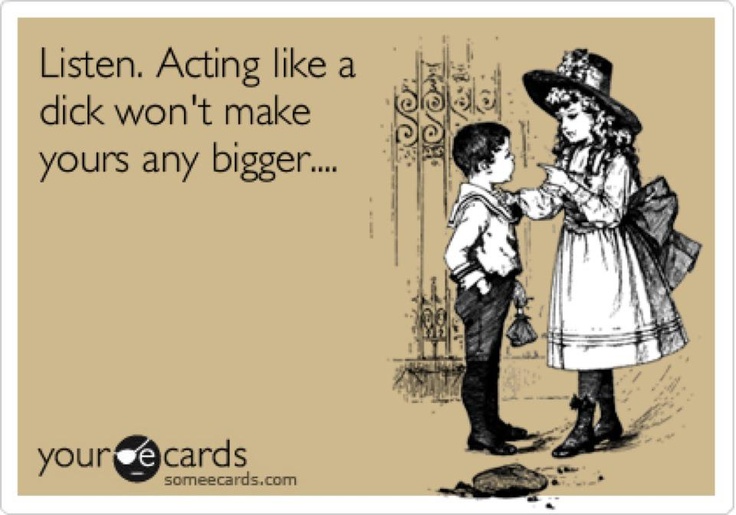 Try to translate your feeling of oppressive moral duty, simply into calm concern for a living, stupid being. You don't owe anything to anyone, but you're just a merciful person. And you have enough mental strength to be a support for the weak. Can you? If not, then come to the Distance">http://www.prodelo.ru/distantniki/?ch=kommpsihologos">Distance to train your new and important life skills.
Try to translate your feeling of oppressive moral duty, simply into calm concern for a living, stupid being. You don't owe anything to anyone, but you're just a merciful person. And you have enough mental strength to be a support for the weak. Can you? If not, then come to the Distance">http://www.prodelo.ru/distantniki/?ch=kommpsihologos">Distance to train your new and important life skills.
Masha, December 18, 2015, 4:11 pm
Thank you for the article! Very interesting, I caught myself playing the role of the Victim.
Maksim, January 14, 2016, 6:57 pm
My wife played the victim, if before the birth of the child it was generally even funny, well, how am I, as a knight, saving my princess from numerous troubles, then a trend set in; well, I got to know the Karpman triangle in time and stopped playing the role of the pursuer imposed on me; Unfortunately, this did not stop the victim, since it was no longer possible to take me to assault (the abf helped predict the situation), then the victim simply lied to her rescuers (neighbors, parents, then the police, guardianship authorities, etc. ) for the sake of a portion of pity, oh how I beat her and the child, do not give money, etc. This trend stopped filing for divorce, installing video cameras in the apartment (in case of further charges in state bodies, this could end with 116 of the Criminal Code), an offer to live in cohabitation (out of wedlock) in my apartment subject to my conditions (the main one without taking out the brain), or say goodbye while the flight is normal, the ex-wife provides comfort, I no longer pay attention to her whining, at all; I’m always ready to leave, it’s a pity I won’t see the child after that, as they will be blackmailed, which I cannot allow myself to do.
) for the sake of a portion of pity, oh how I beat her and the child, do not give money, etc. This trend stopped filing for divorce, installing video cameras in the apartment (in case of further charges in state bodies, this could end with 116 of the Criminal Code), an offer to live in cohabitation (out of wedlock) in my apartment subject to my conditions (the main one without taking out the brain), or say goodbye while the flight is normal, the ex-wife provides comfort, I no longer pay attention to her whining, at all; I’m always ready to leave, it’s a pity I won’t see the child after that, as they will be blackmailed, which I cannot allow myself to do.
2
replies
Guest, April 22, 2017, 6:39 PM
Good decision, I'll take note. Are there any improvements in the family after a year or is everything the same at a distance? Are there any deterioration?
Guest, December 16, 2017, 07:57 PM
I.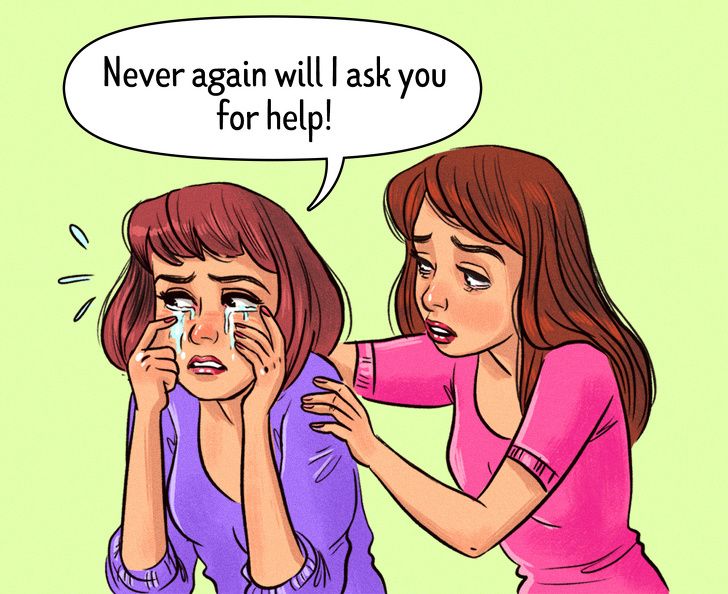 e. in fact, the wife showed herself to be a liar, a manipulator, a provocateur, scandalized, dragged into the Karpman Triangle. In fact, she led a real "war" against her husband. For this, the "enemy" is given a formal divorce, relocation to his apartment + his workload, constant monitoring of the behavior of the "enemy" on his territory. Here it seems to me that in the consequences, she also received a "reward" for her manipulative behavior, tk. the husband moved it to his place, and the video cameras also seemed to play into her hands, if she "screwed up" somewhere, then the husband "is to blame - he did not keep track."
e. in fact, the wife showed herself to be a liar, a manipulator, a provocateur, scandalized, dragged into the Karpman Triangle. In fact, she led a real "war" against her husband. For this, the "enemy" is given a formal divorce, relocation to his apartment + his workload, constant monitoring of the behavior of the "enemy" on his territory. Here it seems to me that in the consequences, she also received a "reward" for her manipulative behavior, tk. the husband moved it to his place, and the video cameras also seemed to play into her hands, if she "screwed up" somewhere, then the husband "is to blame - he did not keep track."
Guest, September 10, 2016 05:21 AM
What I personally found out is not having people in any of these roles around you. When such people appear, it’s stupid to close in yourself (I’m busy) (I’m not interested) (your problems). This does not allow me to start playing the game and forces me to solve my problems without other people. September 23, 2016
1
answer
N. I. Kozlov, September 23, 2016, 10:06 pm
I. Kozlov, September 23, 2016, 10:06 pm
Yes, exactly. For many, this is not a game, but a natural way of life. May 10, 2017 asking for clarification and explanation. And the next minute they are already shouting at me, as if at an aggressor, and demanding answers to all claims ... At first, I generally doubted the adequacy of the "poor victim", and now I simply limit contacts with the "poor things." No thanks, I say. Let's talk about it in the next life!
Guest, March 28, 2018 8:12 PM
Going beyond the Karpman triangle The main thing you need to know about Karpman's triangle is that you don't belong there. Whatever role you are attracted to there, or whatever role you are persistently offered, you do not belong in this triangle. Karpman's triangle is a reality, but only for stupid people who live by feelings, do not have clear goals and do not know how to control themselves, over and over again finding themselves in the position of the Victim. The more reasonable a person is, the more he is in the author's position, remembers his goals and deliberately implements them, the less often he will fall into this madhouse. How to implement all this specifically?
How to implement all this specifically?
Guest, Jul 03, 2022, 2:01 pm
In a conflict, when the husband knows that he is guilty, he begins to suffer so difficulties, and you are a knife in my back”, “you don’t support me”, and, if you didn’t come up with anything at all, then “I was in such a good mood, and you ...”. That is, the topic of the conflict is not mentioned at all (and the topics are serious - his betrayal, for example). He does not accept his guilt. If you continue to insist on the topic of the conflict, then there are threats “I feel bad, I will go and do something with myself.”
How to get him to talk about the topic of the conflict? How to keep from dodging the topic?
1
answer
Sokolova L.V., secretary N.I. Kozlova, July 04, 2022, 09:41
Good afternoon, Guest! Sign up for a free consultation at the University of Practical Psychology, because it is impossible to answer your question in monosyllables https://www.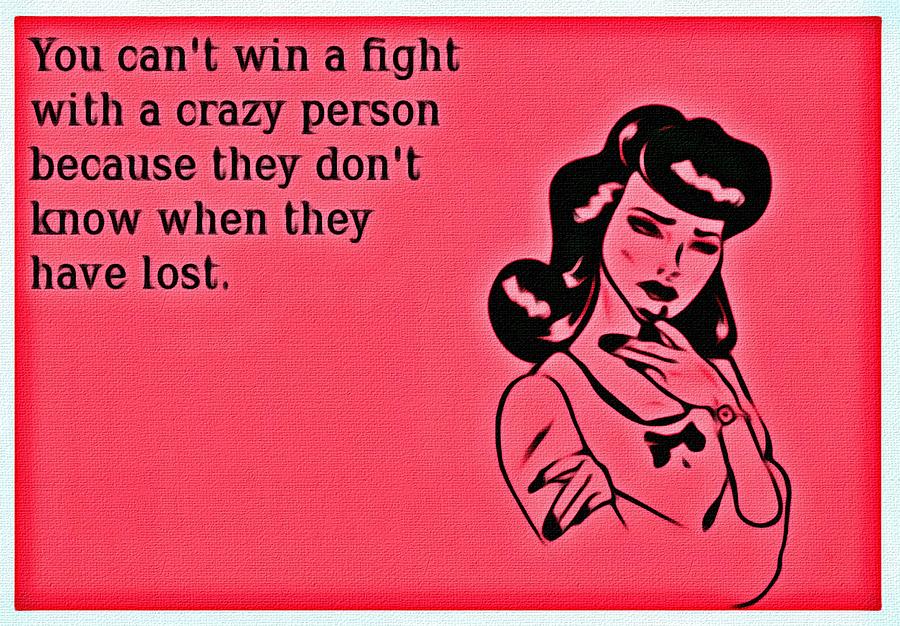 univer-pp.ru/bk/.
univer-pp.ru/bk/.
Related materials:
04 Jun. 2014
Feelings about your appearance
There are two categories of people who are characterized by traditional feelings about their appearance, these are women and teenagers. Accordingly, it is most difficult for teenage girls. They sincerely believe that they are simply ugly, and are ready to go to the mirror 50 times a day to make sure of this. And what to do with it? Just trying to convince them is pretty useless. And they will not listen, and even if they listen, they will remain with their opinion. However, there is a good experience of one of the parents (remote student), with which we want to introduce you.
7Read more
Jan 01 2000
Workshop on the semantic analysis of subtext
All of the above techniques of "taxiing out" are truly effective when you work out each of them.
5Read more
Jan 01 2009
Karpman's Triangle
Karpman's triangle is a connection between three main problematic roles in human relations.
